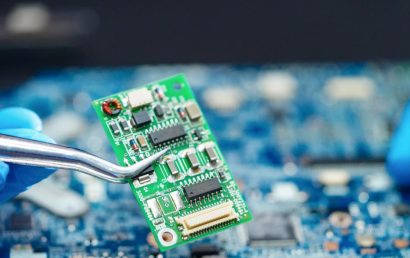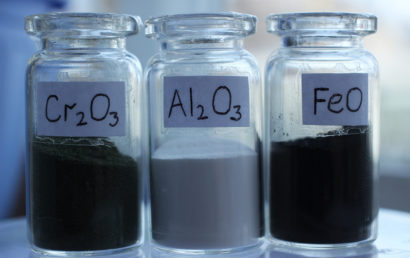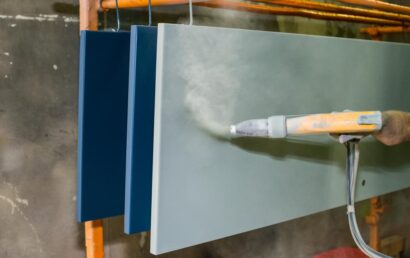What Is Biocompatibility?
Technically, the definition of biocompatibility is as follows: a material’s ability to not be adversely affected by coming into contact with a living system. It is, of course, also important that the material not adversely affect the living system into which it was placed. Such as the human body. Biocompatibility is huge in the healthcare system and medical industry. Because of the properties of biocompatibility, it is possible to put something into the human body that was never meant to be there in the first place. Prosthetics and medical devices such as artificial joints, stents, pacemakers, artificial hearts, etc. – all must have properties of biocompatibility so that no infections occur and the body does not try to fight off what has been inserted into it.
Why Is Biocompatibility Important?
Biocompatibility wasn’t even mentioned before 1970. And it wasn’t until about 20 years later that it became a term of common usage. Now, it is commonplace.
When something is introduced to our body, if our system figures out that it doesn’t belong there, it concentrates all its efforts on destroying that foreign object. That’s our immune system doing what it was designed to do.
Certainly, that won’t cut it in the case of the prosthetics and artificial components mentioned above. Certain materials are better than others for these purposes. And thanks to very specialized thermal spray coatings, biocompatibility can be heightened exponentially.
Thermal Spray Coatings for Biomedical Compatibility
Both wear resistance and biocompatibility can be improved by the correct application of the appropriate thermal spray coating. These coatings can be used by bio medical device producers and in biomedical research labs. As an example, top grade medical implant prosthetics would not be as effective or as useful as they are without the appropriate thermal spray process. To make implants compatible for use in humans, implant prosthetics can be thermal sprayed with a dense coating of hydroxyapatite or pure titanium. There are also other biomedical market solutions that utilize thermal spray coatings.
Wear resistant coatings that encourage Osseo integration between the human bone and implants are available only through superior thermal coating services. Highly specialized materials and techniques must be used to make implants more acceptable to the human body.
Coating Solutions That Are EFI/EMI Shielding
In addition to being compatible with residing inside of a body, some components need to be coated in order to shield them from EFI and EMI. EMI is electromagnetic interference, and EFI (or RFI) is radio frequency interference. Once again, it takes a very specialized coating in order to achieve this property. Coatings for this purpose should be compatible with most any substrate. These could include carbon-fiber composite and carbon-carbon composites. Also making use of RFI and EMI protective coatings are healthcare facilities and medical research labs where light weight electronic enclosures are located.
Noise protection can also be a factor and can be achieved through thermal spray coatings. Some noise sources can be plastic cases, transformers, CPUs, and oscillator circuits.
X-ray equipment is yet another biomedical device that contains components that benefit greatly from thermal spray coatings.
If your business is centered around the medical industry or is concerned with biocompatibility, contact the experts at A&A Coatings to see what we can do for you. We offer all of the thermal spray coating services mentioned above on every piece of equipment mentioned, and more.



